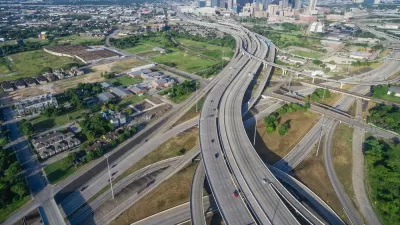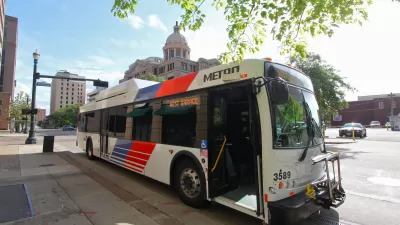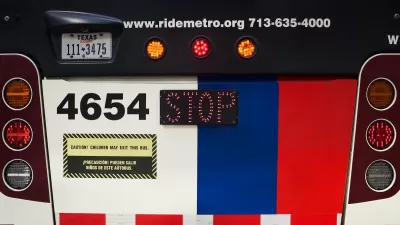A new report from the Kinder Institute for Urban Research highlights the state of housing the Houston and Harris County, and more specifically, the historically Black neighborhood of Settegast in northeast Houston.

The Rice Kinder Institute for Urban Research published a report, 2020 State of Housing in Houston and Harris County, detailing the state of housing supply, affordability, and impact of recent events in the Houston area, publishing new housing data to the Houston Community Data Connections website.
In a blog post published by the Kinder Institute, Luis Guajardo provides context to the report's findings, focusing on the historically Black neighborhood of Settegast in northeast Houston. "Recent events have drawn a much-needed critical eye to the racist housing outcomes that have been perpetuated by public policy. These outcomes not only are evidence of 'racial inequity' but also products of discrete political decisions made at all levels of government — by both policymakers and residents," writes Guajardo.
Guajardo says that current issues in Settegast are rooted in a history of under-investment and choices related to housing and land policy. Settegast is a neighborhood flanked by two major highways, a railroad terminal, and two landfills where black families moved in hopes of escaping predatory lending practices and buttressing opportunity for homeownership and the development of intergenerational wealth for their families. When the neighborhood was annexed in 1949, chronic neglect left the neighborhood with the least sanitary conditions in the Hoston area. In recent decades, in light of increasing rents and decreasing incomes in the neighborhood, planners have ended the legacy of racist under-investment, revising policy to create greater community resilience and reshape the neighborhood.
FULL STORY: Settegast: A case study in endemic racism within Houston’s housing system

Planetizen Federal Action Tracker
A weekly monitor of how Trump’s orders and actions are impacting planners and planning in America.

Restaurant Patios Were a Pandemic Win — Why Were They so Hard to Keep?
Social distancing requirements and changes in travel patterns prompted cities to pilot new uses for street and sidewalk space. Then it got complicated.

Map: Where Senate Republicans Want to Sell Your Public Lands
For public land advocates, the Senate Republicans’ proposal to sell millions of acres of public land in the West is “the biggest fight of their careers.”

Maui's Vacation Rental Debate Turns Ugly
Verbal attacks, misinformation campaigns and fistfights plague a high-stakes debate to convert thousands of vacation rentals into long-term housing.

San Francisco Suspends Traffic Calming Amidst Record Deaths
Citing “a challenging fiscal landscape,” the city will cease the program on the heels of 42 traffic deaths, including 24 pedestrians.

California Homeless Arrests, Citations Spike After Ruling
An investigation reveals that anti-homeless actions increased up to 500% after Grants Pass v. Johnson — even in cities claiming no policy change.
Urban Design for Planners 1: Software Tools
This six-course series explores essential urban design concepts using open source software and equips planners with the tools they need to participate fully in the urban design process.
Planning for Universal Design
Learn the tools for implementing Universal Design in planning regulations.
Heyer Gruel & Associates PA
JM Goldson LLC
Custer County Colorado
City of Camden Redevelopment Agency
City of Astoria
Transportation Research & Education Center (TREC) at Portland State University
Camden Redevelopment Agency
City of Claremont
Municipality of Princeton (NJ)





























